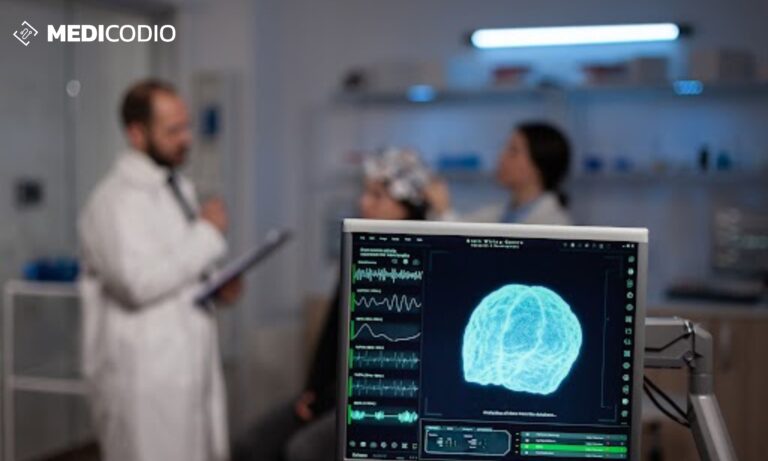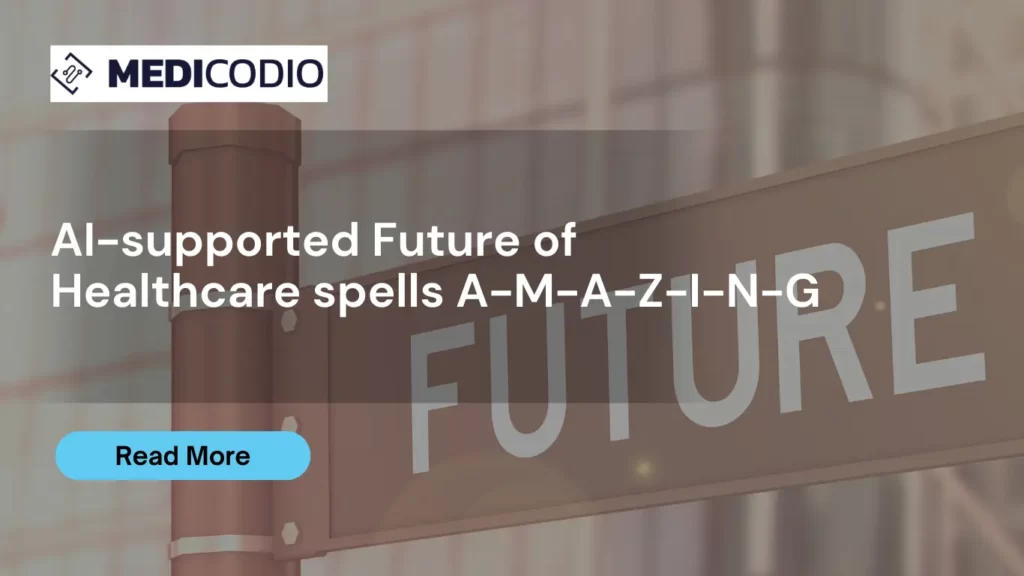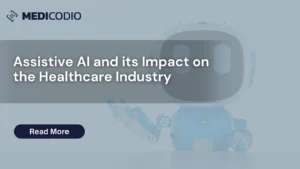Imagine this future: you have an illness or injury, and walk into your neighborhood medical care center. Aided by computer vision, the center ‘knows’ your entire medical history, as you check in. You’re escorted into an examination room where the doctor walks in, prepped on your specific allergies and health condition.
A conversation ensues about your complaint. The doctor uses her tablet to place an order for custom-manufacture of a drug that is personalized for your genetic makeup, as well as for the specific viruses circulating in your town during the season. The order is delivered to your home within two hours. The doctor checks in daily as a courtesy – your wrist wearable is giving her your vital statistics in real time anyway. In a couple of days, you’re right as rain.

This is not some utopian fantasy. This is a distinctly possible future, laden with riches such as personalized healthcare, predictive and preventative therapies, early detection of disease and a range of other modalities. Much of this is being made possible through Artificial Intelligence (AI).
The advancements are not restricted to enhanced customer service or personalized medication. AI-driven advances in areas such as cancer detection and care can be game changers. This is made possible by deep learning algorithms that can analyze medical images (X-rays, mammograms, CT or MRI scans) to identify cancers not visible to the human eye. Similarly, AI-supported analysis of tissue samples and biopsy results helps identify cancerous cells much more accurately and faster. Earlier detection greatly enhances the chances of more successful outcomes post-treatment with cancer.
Post-diagnosis, treatment plans can be greatly customized by taking into account genetics, medical history, and response to drugs. Radiation therapies can be planned with extreme precision, sparing healthy tissue, reducing side effects and improving outcomes.
Drug discovery is another area where AI can help by analyzing large amounts of data and simulating the effects of candidate drugs. AI can also ‘match’ patients most likely to respond to a particular drug.
Perhaps one of the most amazing services AI can render in healthcare is in the diagnosis and treatment of rare diseases: these are conditions that have a small number of sufferers, and have not received enough attention from the large pharma companies due to their complexity and rarity.
AI-aided diagnosis of rare diseases happens via pattern matching within large medical databases. Similarly, AI can identify potential drug research candidates and predict the effectiveness of particular modalities. As discussed before, precision medicine tuned to the patient’s genetic makeup and health history can be particularly transformative with rare diseases.
There will be a hugely beneficial effect on the so-called ‘orphan drug’ market as well as drugs that are developed specifically for rare diseases. By improving the efficiency, speed and accuracy of drug development, and providing better ‘patient-matching’ tools for clinical trials, AI can make the drug discovery much more economical. This will ensure that pharma companies can focus on launching more such drugs successfully.
All of these advances are supplemented with chatbots, virtual health assistants, computer vision-aided remote monitoring and a panoply of services that can elevate healthcare from ho-hum to amazing. Biotech firms, researchers and healthcare providers around the world are collaborating to make this vision a reality.





